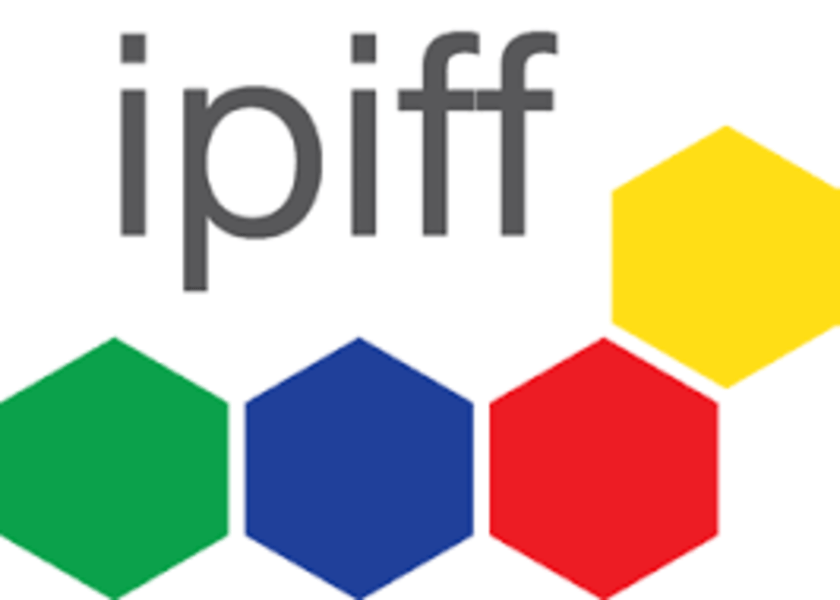IPIFF’s Annual Congress this year (21 November) concluded with a strong message of optimism and determination for the future of sustainable protein production in Europe.
Speakers’ presentations are now available:
- Ms. Gaëlle Marion, Head of Unit for environmental sustainability, Directorate-General for Agriculture and Rural Development, European Commission, ‘Contribution of EU Agricultural Policies in developing a competitive and sustainable farming sector in Europe’
- Mr. Heinrich Katz, IPIFF Treasurer, ‘Unleashing the multifunctionality and circularity of insect production: The European insect producing sector policy priorities for 2024-2029’
- Ms. Ana Sofia Santos, Secretary-General, Animal Task Force, ‘The importance of supporting R&I for sustainability and competitiveness in Europe’s livestock sector and promote the generational renewal of EU rural areas’
- Mr. Paolo Di Stefano, Senior Advisor, Farm Europe, ‘Which policy to unleash the potential of EU agriculture and rural economies?’
- Ms. Lea Bauer, Regulation Consultant, IFOAM Organics Europe, ‘Sustainable innovations in Agriculture: NGO perspective’
- Mr. Jürgen Wixler, Livin Farms, ‘Modular, scalable insect factories’
- Ms. Astrid Bartels, Head of Unit for Access to Finance, from the Directorate-General for Internal Market, Industry, Entrepreneurship and SMEs, European Commission, ‘Support instruments for the green transition of European SMEs under the Commission’s flagship investment programme InvestEU’
- Mr. Lars-Henrik Lau Heckmann, Better Insect Solutions, ‘Better Insect Solutions: A one-stop-hub for insect farming’
- Mr. Bob Holtermans, Insect Engineers, ‘Technical update on today’s possibilities’
The high-level event brought together a diverse array of stakeholders, including senior EU policymakers, agri-food chain representatives, academic experts, and business leaders. Their insights underscored the insect farming sector’s growth, challenges, and opportunities in the evolving agricultural and policy landscape.
Throughout the Congress, attendees and guest speakers reflected on the significant milestones the insect protein industry has achieved in the past years, as well as the obstacles it is currently facing—particularly in addressing regulatory hurdles, and financial constraints.
“The discussions today emphasised the critical role of supportive EU policies in unlocking the full potential of this innovative sector, aligning with Europe’s sustainability and carbon reduction targets. Support for insect farming is support for Europe’s sustainable protein industry,” said Adriana Casillas, IPIFF President.
“We are convinced that the European insect sector will play a pivotal role in the realisation of the strategic goals of the European institutions, thanks to its sustainability and circularity credentials. On the other hand, we ask EU public authorities to develop EU standards and financial instruments that would incentivise customers’ and consumers’ choices towards more sustainable food and feed ingredients, such as insect-based ones,” added the IPIFF representative.
A major highlight at the event was the unveiling of the IPIFF Policy Roadmap. The roadmap outlines three pillars for EU policy action over the next five years:
- Increasing competitiveness
- Promoting demand
- Catalysing financing
“This roadmap represents the sector’s collective vision for fostering innovation, driving sustainable production, and empowering consumers to make choices that support progress, but not at the expense of the environment. Innovation and sustainability can go hand in hand, and we believe that our industry reflects this perfectly,” said Christophe Derrien, IPIFF Secretary-General.
Special recognition was given to the speakers, representing the European Commission, the Hungarian Presidency, the European Economic and Social Committee, amongst others,
This year’s Annual Congress could not have been possible without the precious support of our sponsors. whose expertise enriched the dialogue, and to the event sponsors— Divaks, VDL Insect Systems, Insect Engineers, Better Insect Solutions, ENORM, Intersect, Livin’ Farms and The Insect Academy.
As the Congress drew to a close, attendees left with a renewed sense of purpose, ready to drive the transformation toward sustainable and resilient food systems in Europe.
